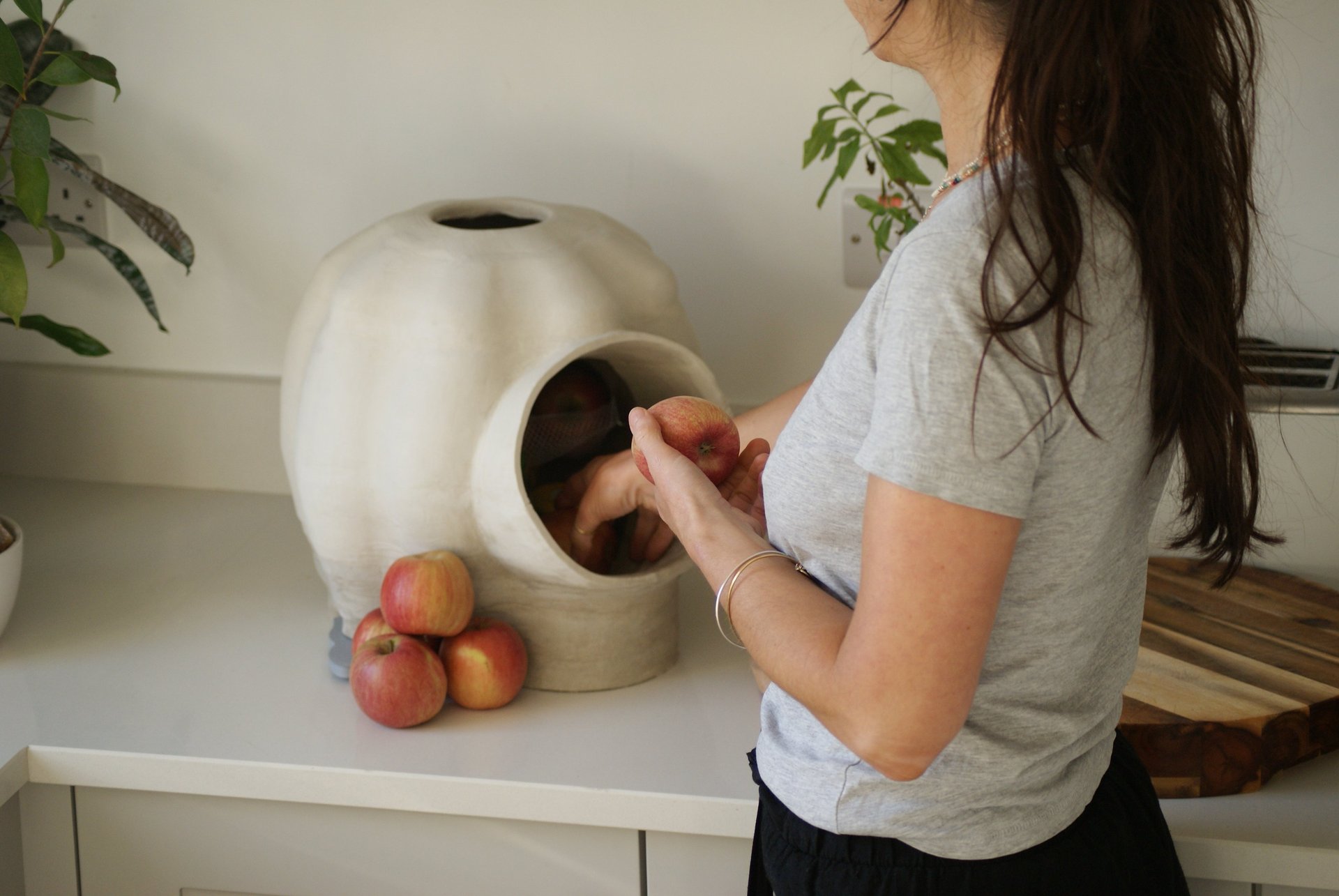
ZEER - a zero-energy way to keep food fresh.
Final Year Project - ZEER
'ZEER' was my final year project. It is a zero-energy food storage system that cools produce through natural evaporation. Made from porous stoneware clay and shaped into a double-walled dome, ZEER lowers the internal temperature by up to 4°C using only water and airflow. A sand-filled cavity between the walls holds moisture, which slowly evaporates through the unglazed outer surface, drawing heat away from the interior. The form is refined through 3D printing, with ridges that increase surface area to improve evaporation. Inside, a mesh shelf supports airflow, a cork lid seals naturally without plastic, and a removable salt tray regulates humidity.
But ZEER is more than a passive cooling device—it is a quiet protest against overconsumption and convenience culture. While most kitchen products are designed to be fast, hidden, and hands-off, ZEER invites care and presence. It keeps food visible, encourages daily check-ins, and reconnects us to natural rhythms through biomimetic design. Inspired by the porous skin of camels, the moisture retention of cacti, and the cooling systems of termite mounds, ZEER transforms food storage into a thoughtful, intentional act.
ZEER is more than a cooling vessel. It is a philosophy in clay.
This project began with a deep dive into food waste, storage habits, and why so much produce gets forgotten. Through fridge audits, interviews, and field studies, I discovered that modern kitchens are designed for efficiency, but not for connection. Food is hidden away, often out of sight and out of mind. That insight guided the entire process.
I was drawn to natural preservation techniques, especially evaporative cooling. Working with clay felt intuitive and grounding. Learning to use a ceramic 3D printer was a slow and careful process. Clay isn’t perfect or predictable. It shrinks, cracks, and surprises you. But it also teaches you to listen and respond. I enjoyed the rhythm of it and the challenge of designing something that works with natural materials and processes rather than trying to control them.
ZEER invites participation. You water it. You check in with it. In return, it cools your food gently, quietly. It keeps things visible, cared for, and present. It asks you to slow down. It questions our obsession with convenience and shows how design can be a bridge back to nature. This project became something personal — a way to value food, presence, and the small rituals of everyday life.
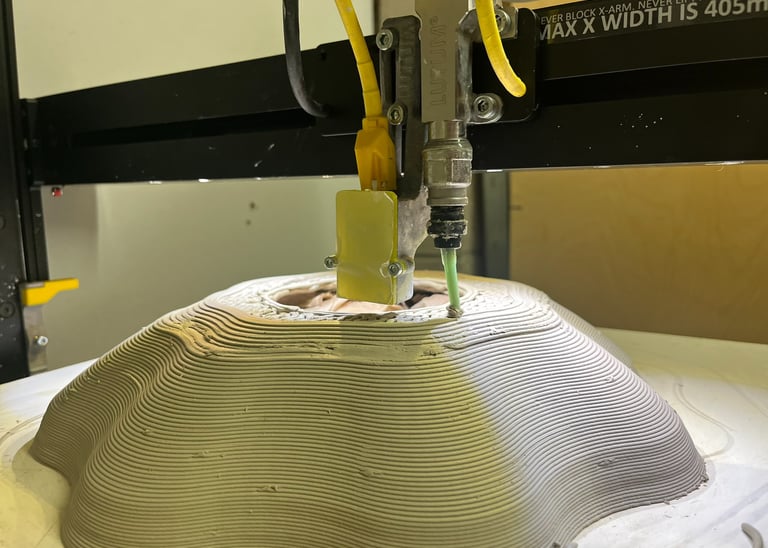

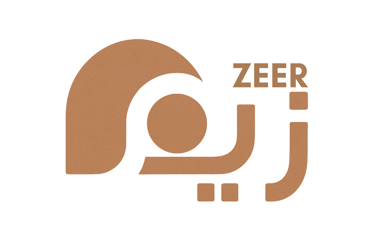

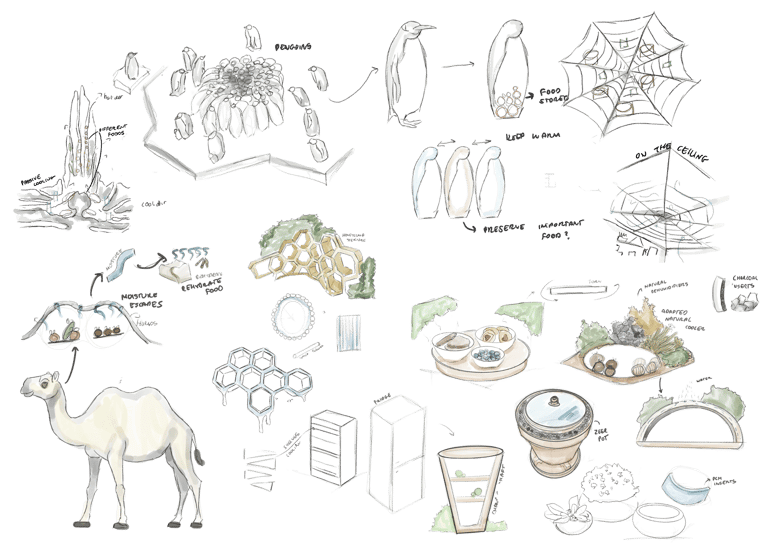

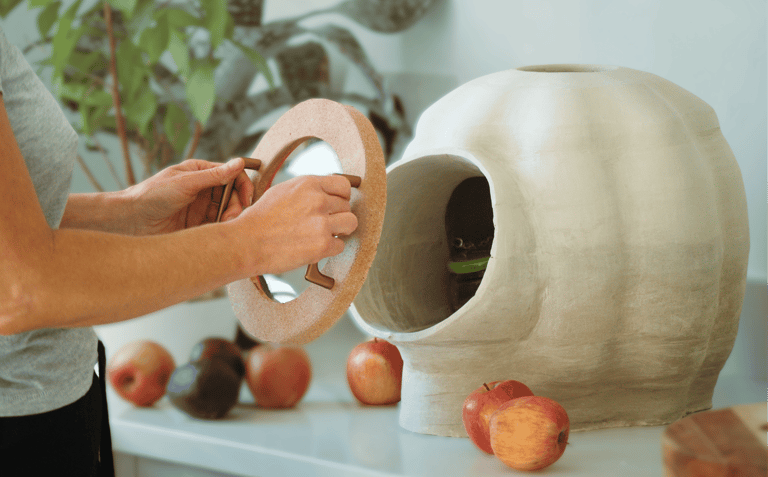

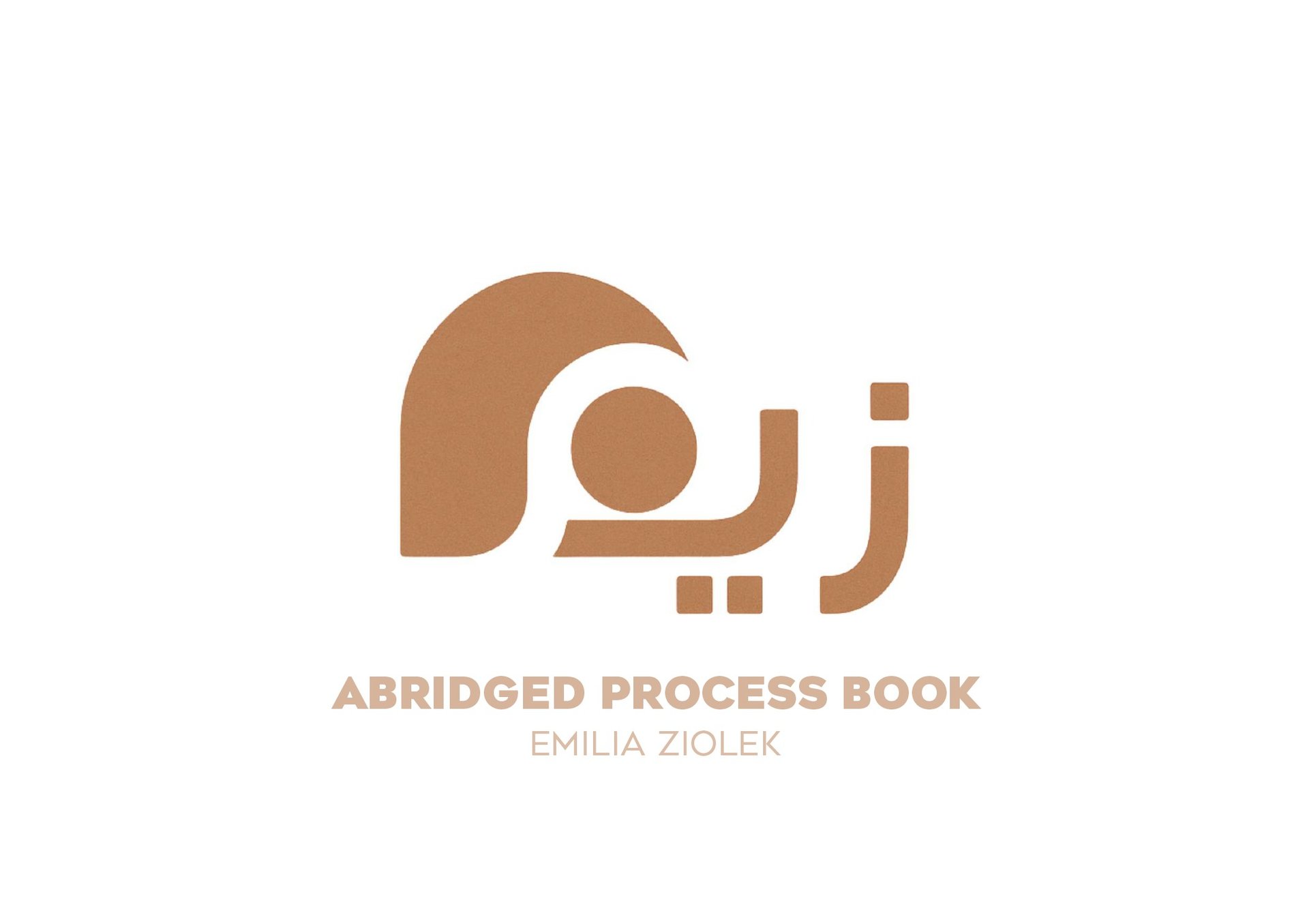
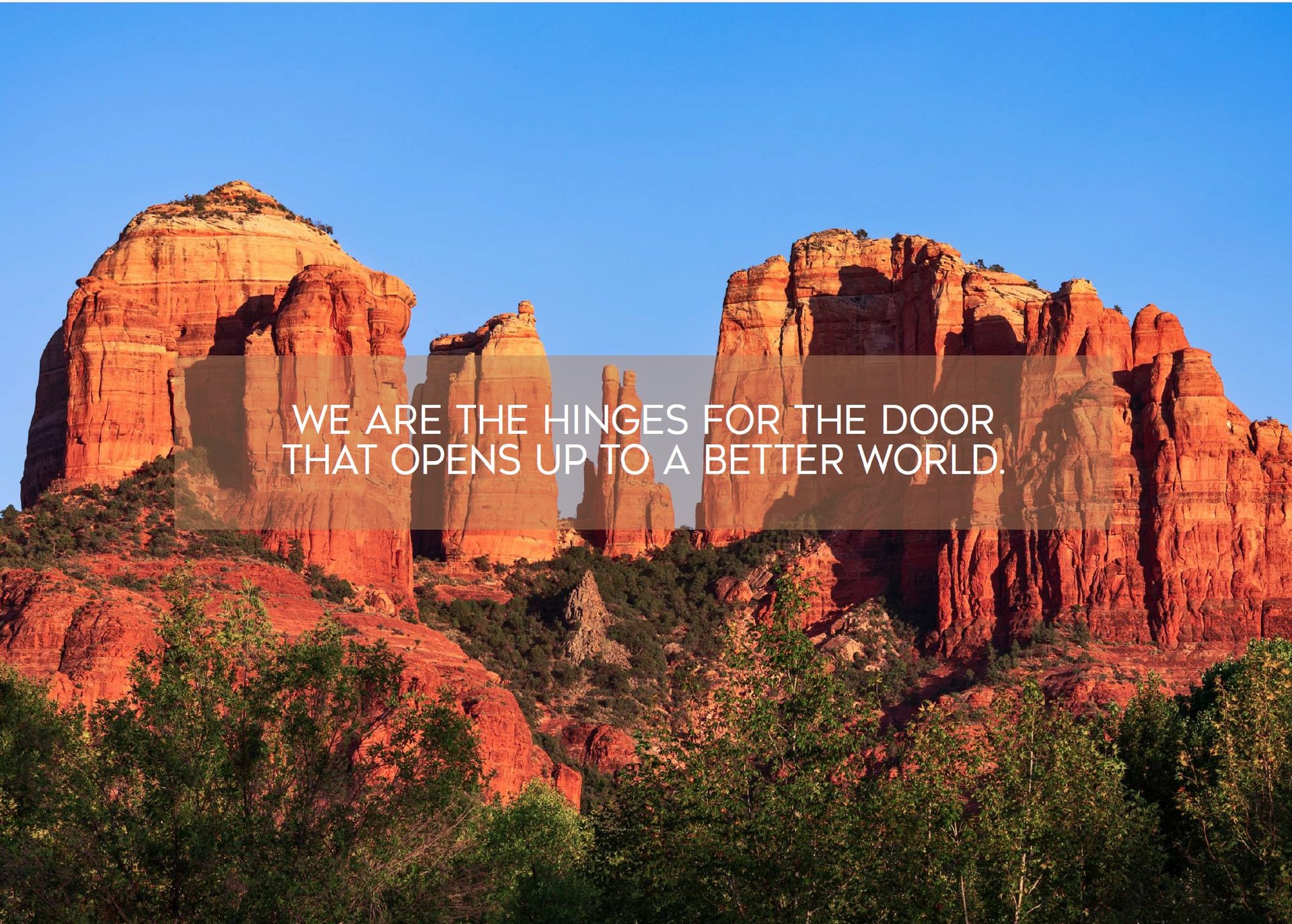
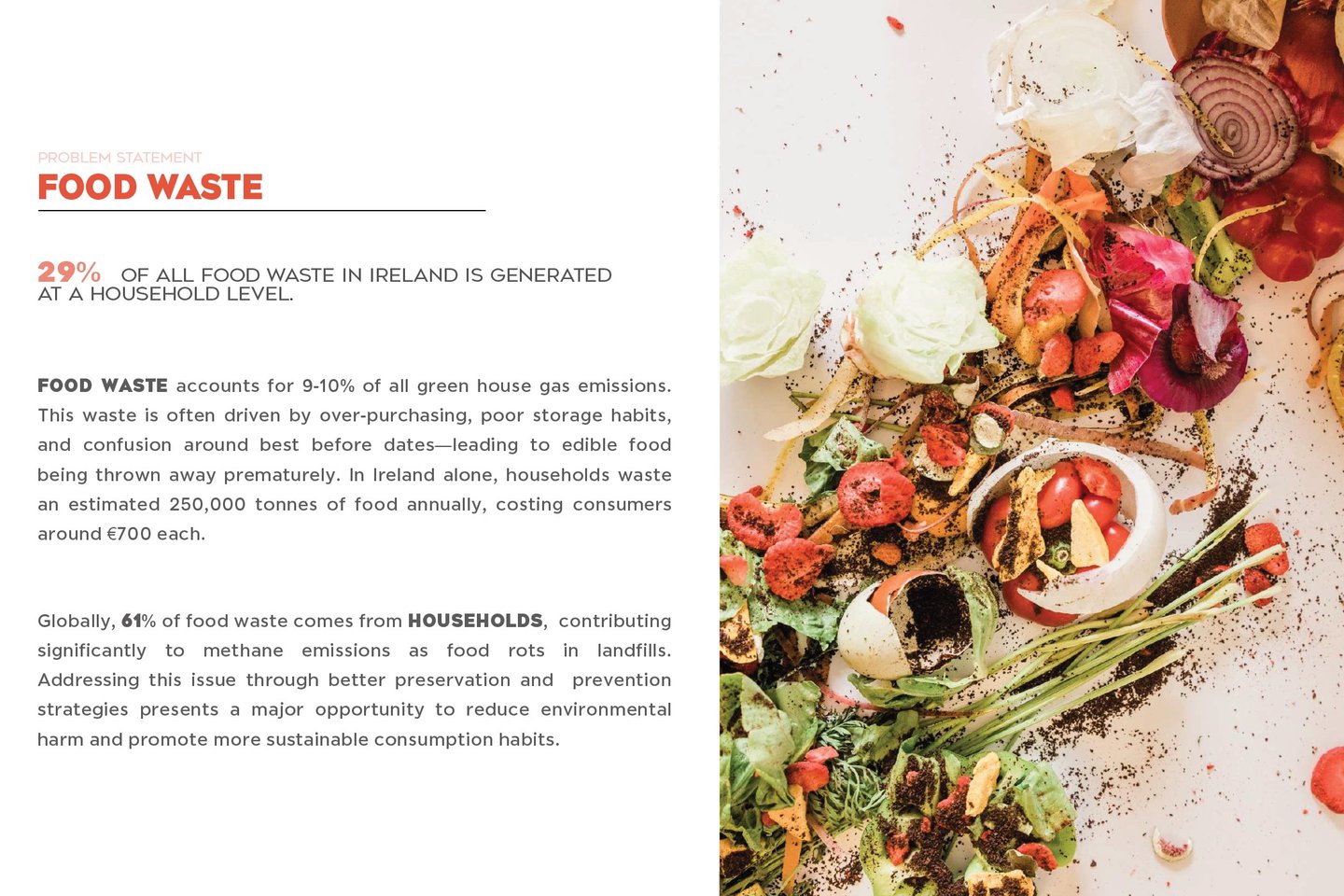

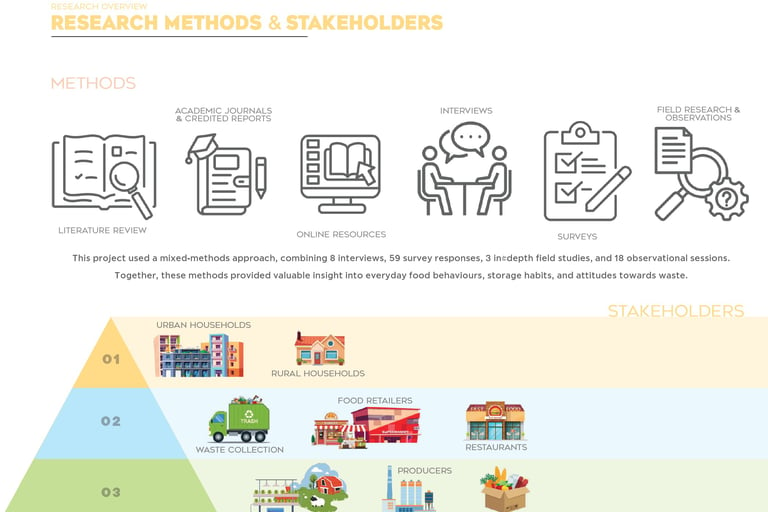

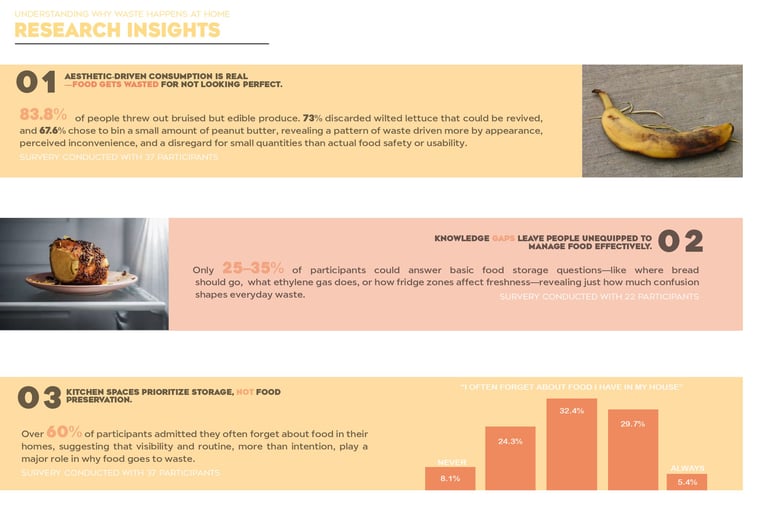

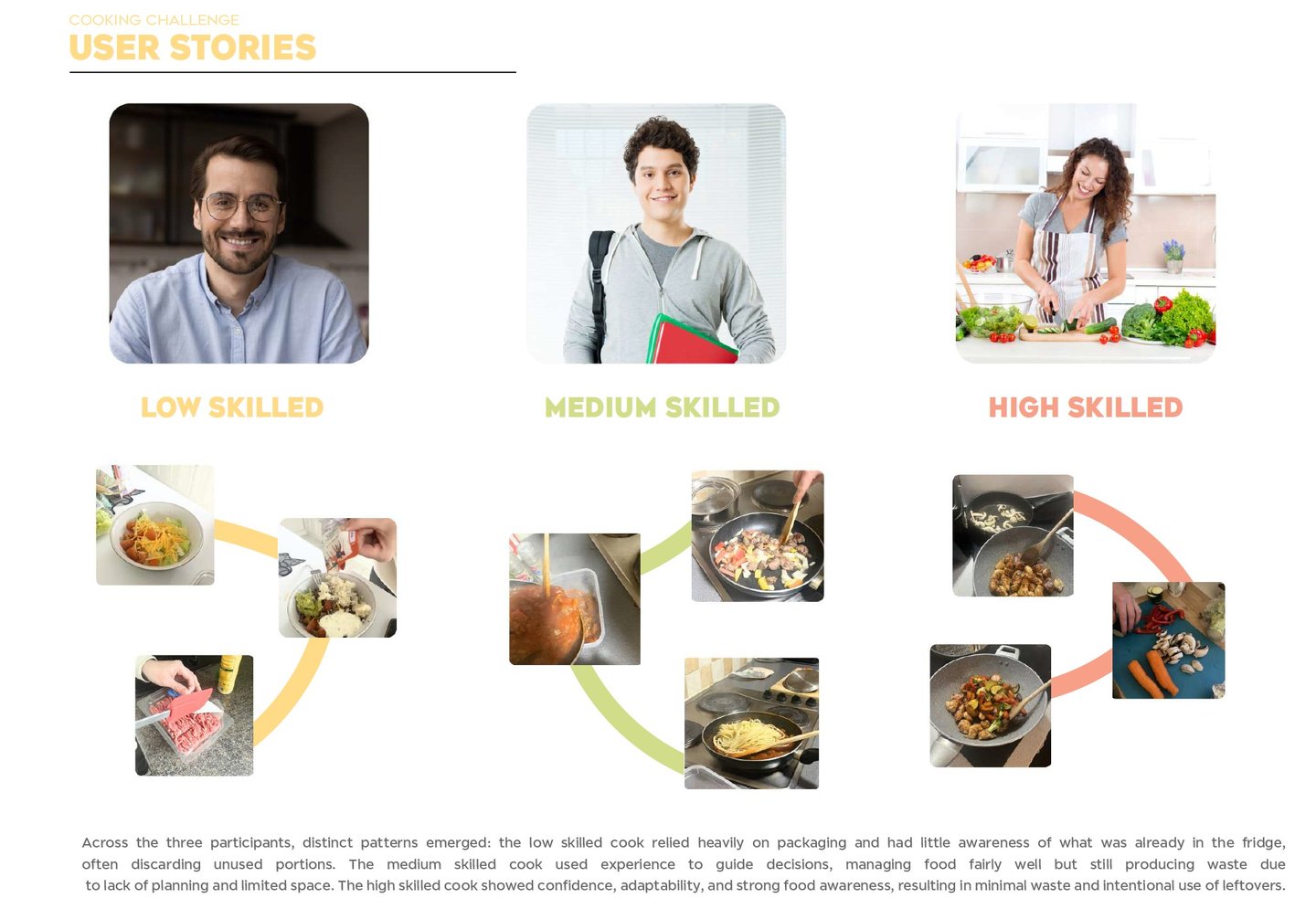

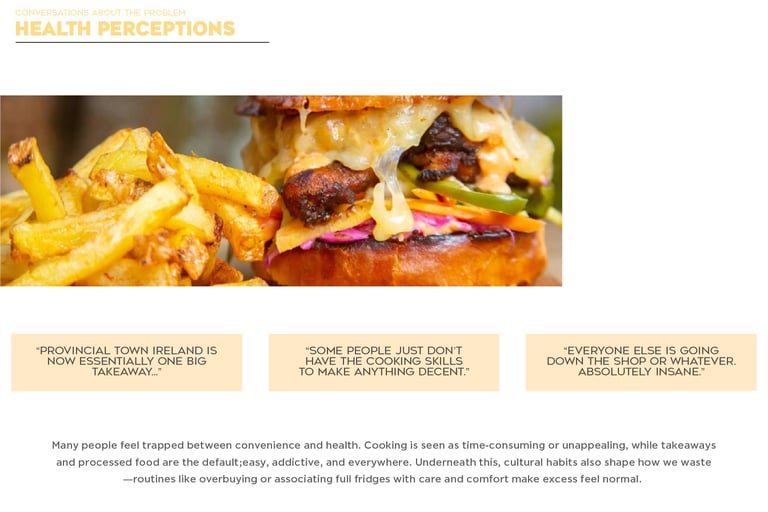

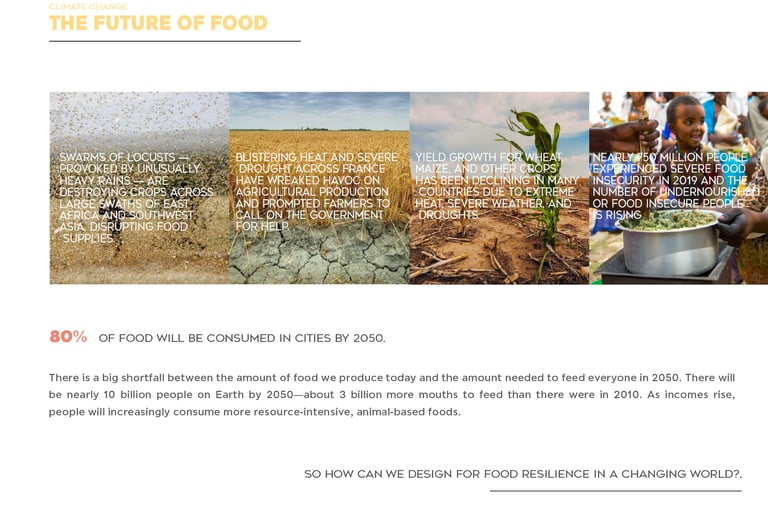

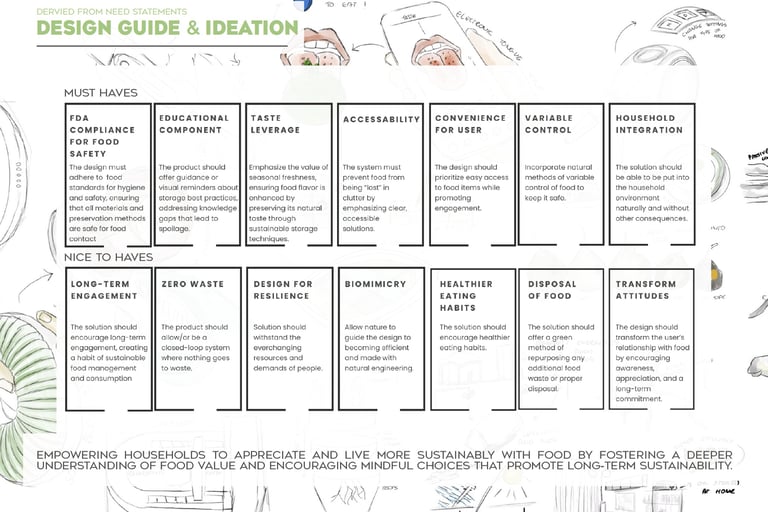

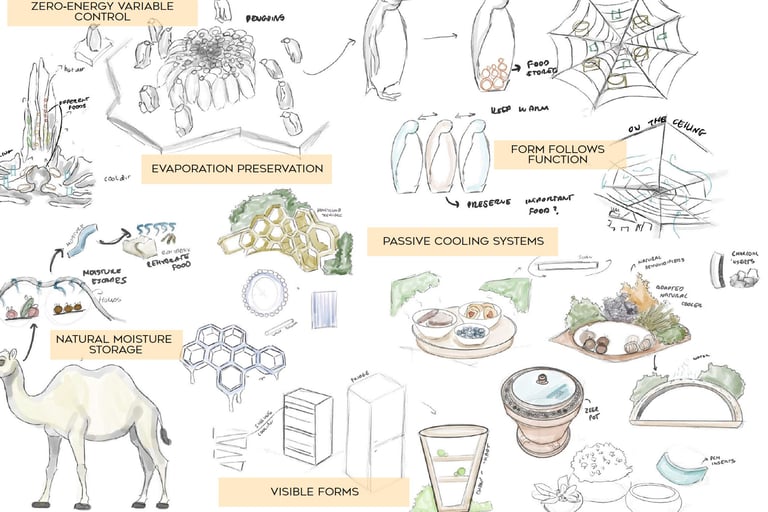

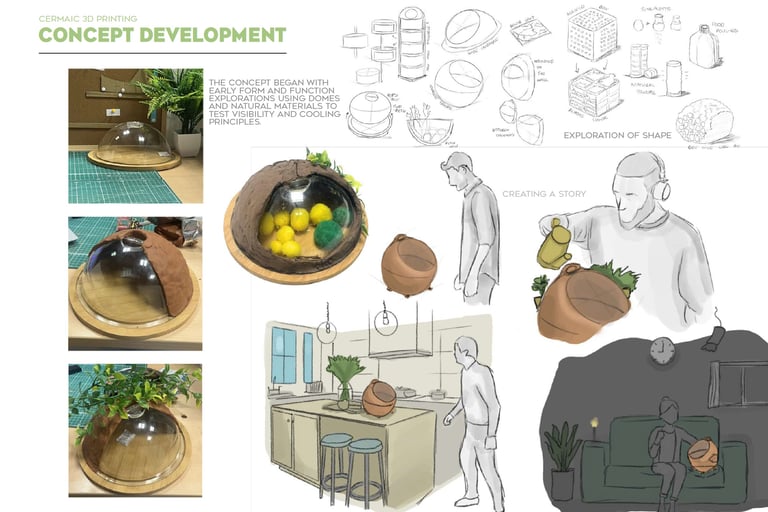

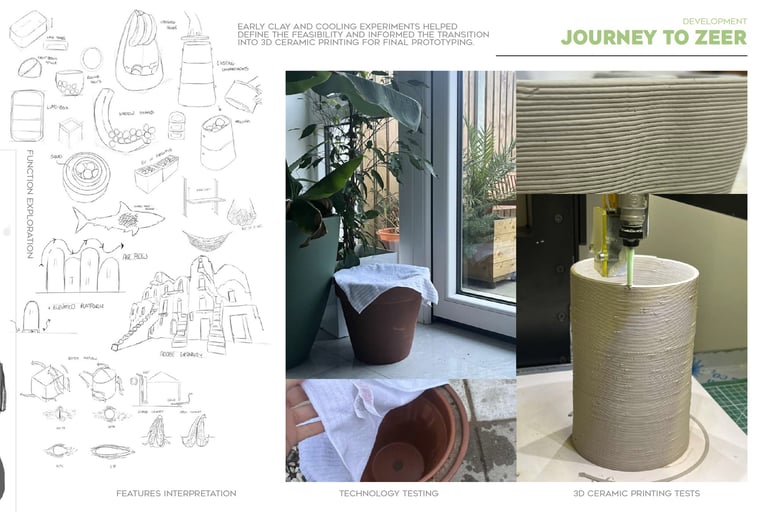

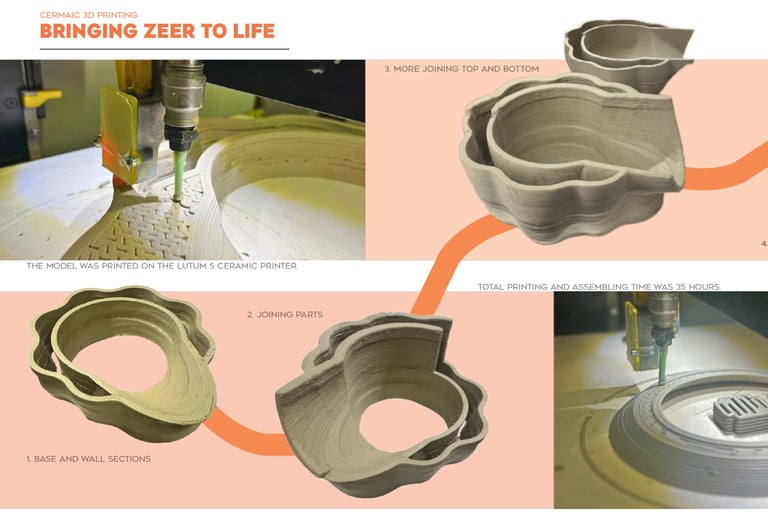

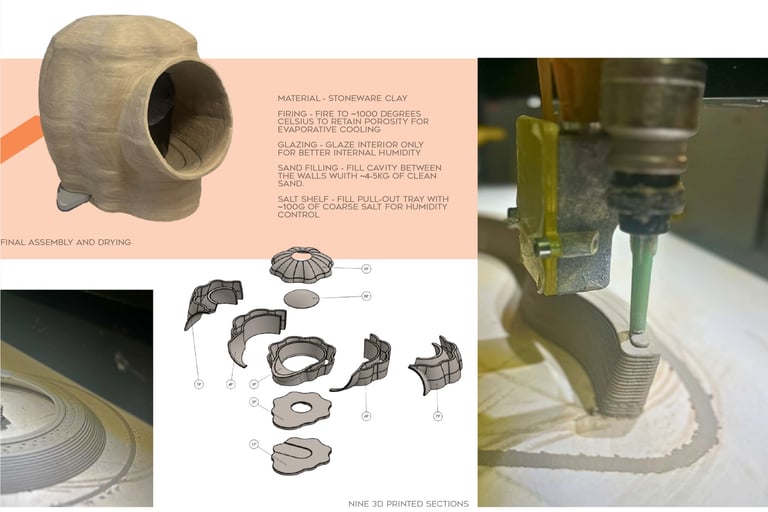

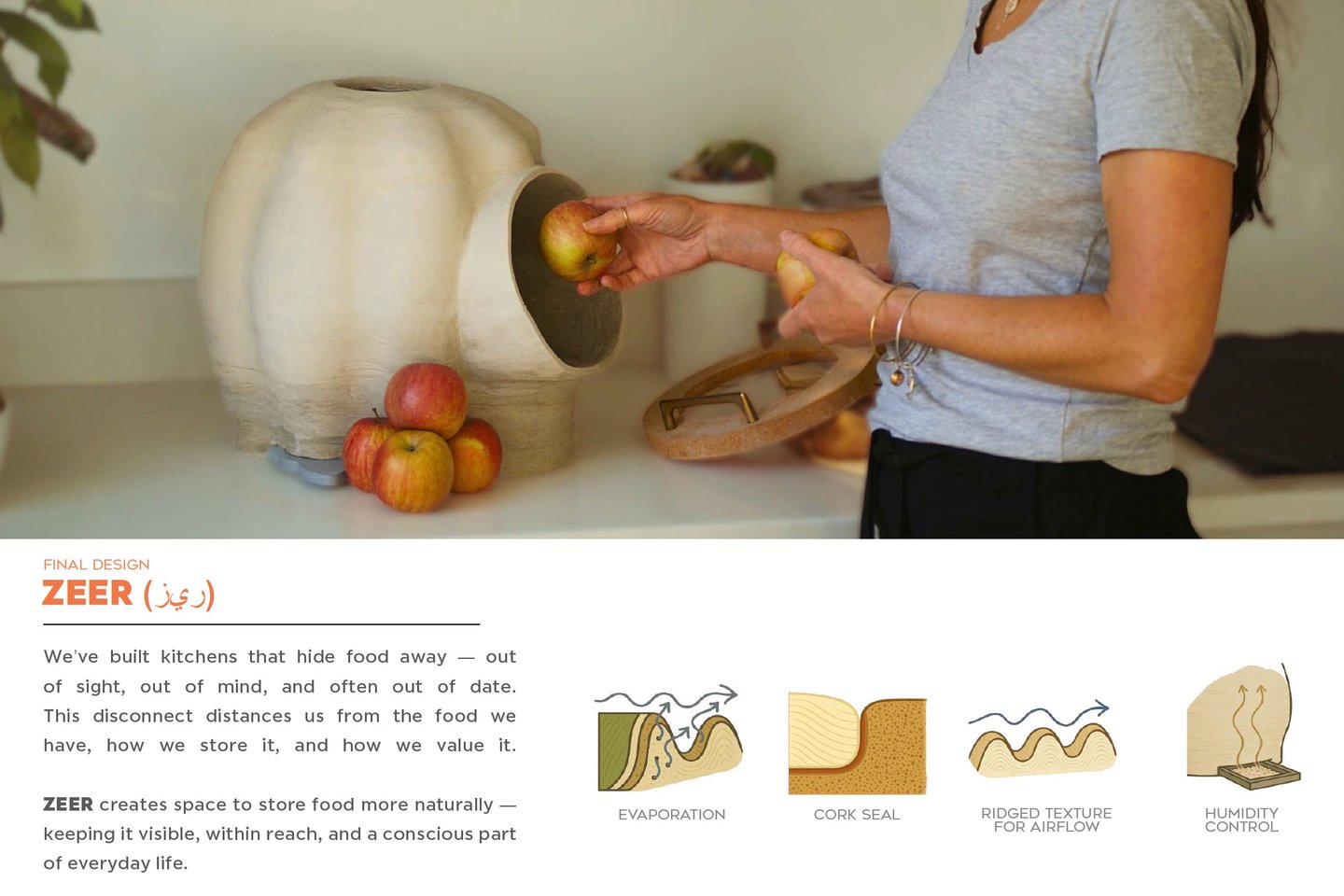

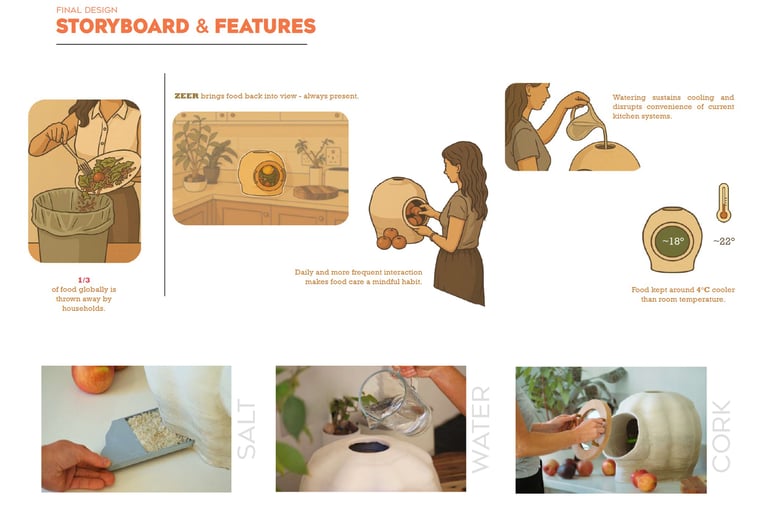

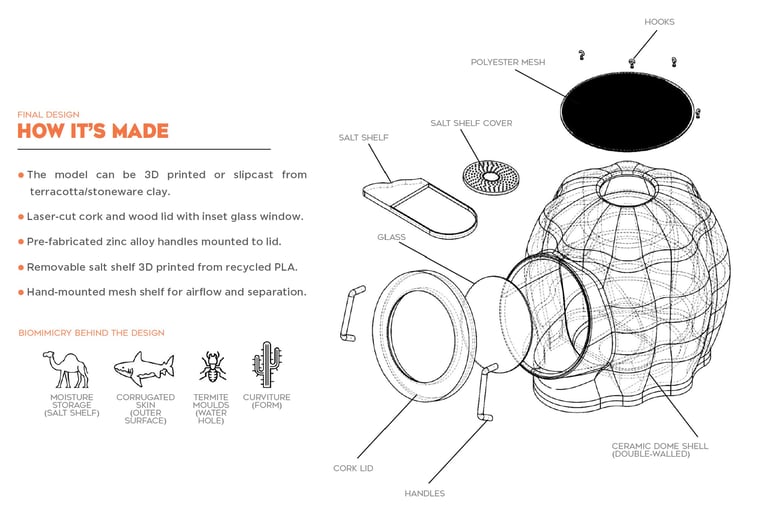

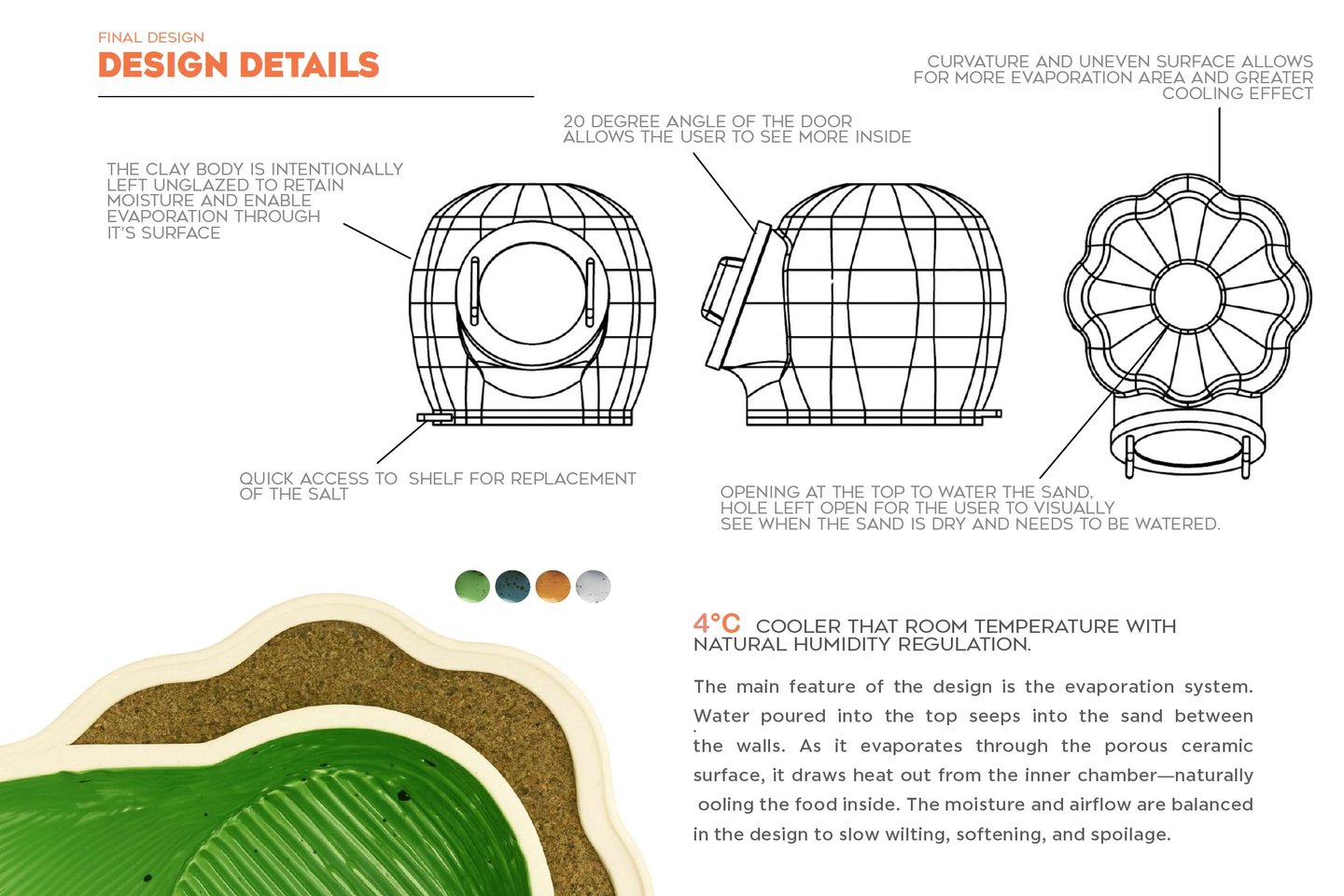

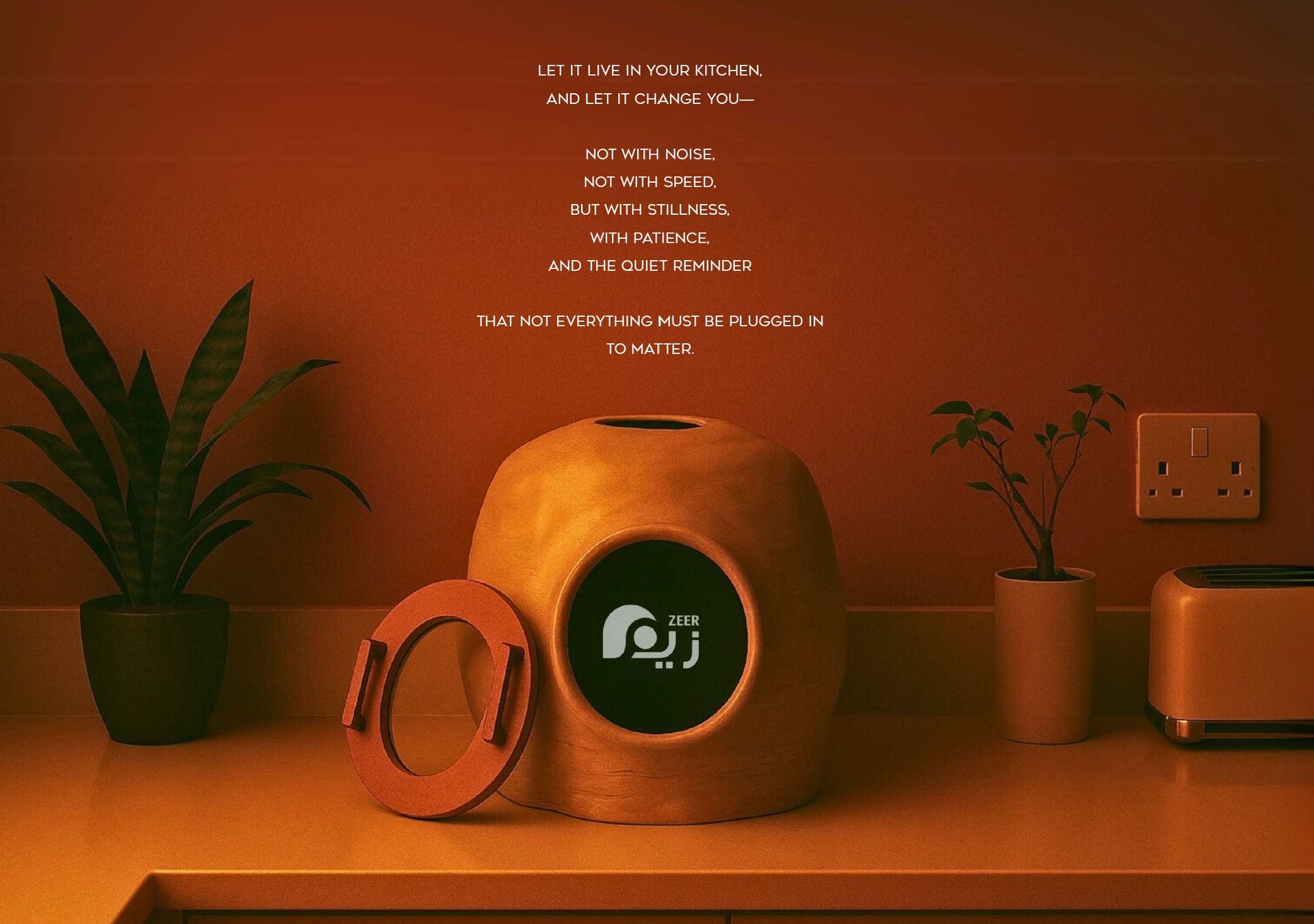
Thank you
You can also watch the video here:

